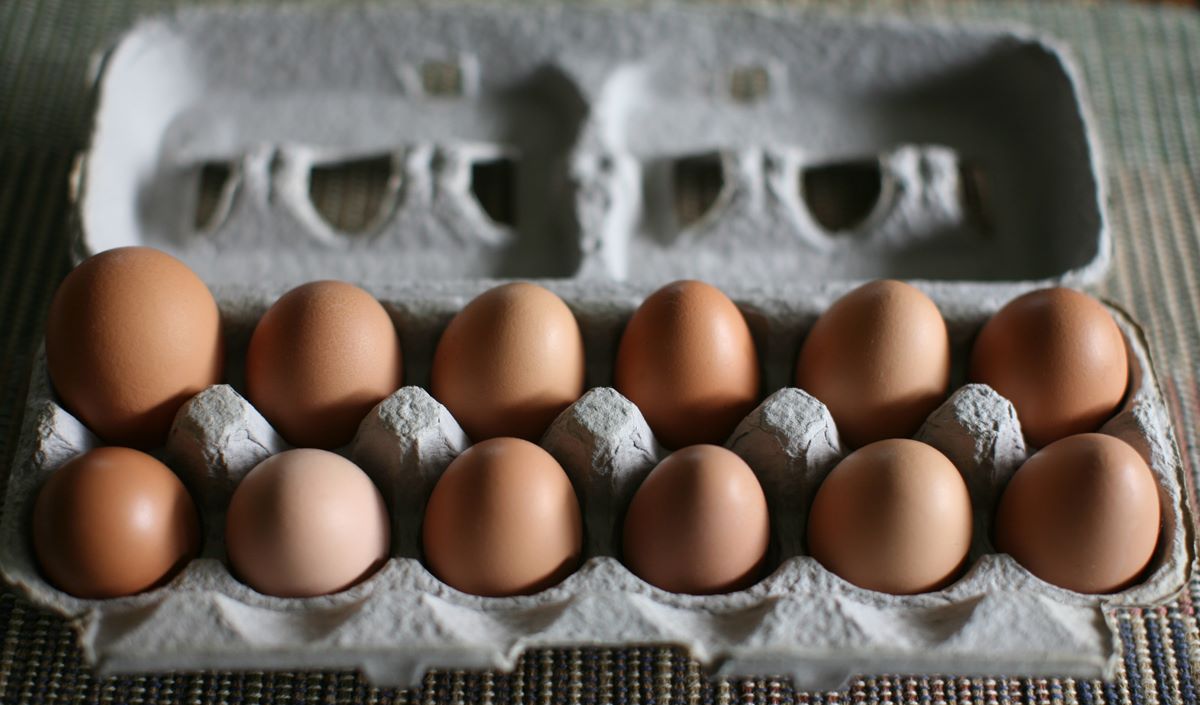

Articles
How To Store Farm Fresh Eggs
Modified: February 18, 2024
Learn the best methods for storing farm fresh eggs with our informative articles. Keep your eggs fresh and delicious for longer periods with these handy tips.
(Many of the links in this article redirect to a specific reviewed product. Your purchase of these products through affiliate links helps to generate commission for Storables.com, at no extra cost. Learn more)
Introduction
Farm fresh eggs are a delight to have in the kitchen. Their rich yolks and flavorful taste make them a favorite ingredient for many dishes. However, storing fresh eggs properly is crucial to maintain their freshness and quality over time. Whether you get your eggs from your own backyard chickens or purchase them from a local farm, understanding the best practices for storing farm fresh eggs will ensure that you can enjoy their deliciousness for as long as possible.
In this article, we will guide you through the process of storing farm fresh eggs, from selecting the freshest eggs to determining the best storage methods. We will also discuss the importance of rotating eggs to maintain their freshness and how to assess if an egg is still good to eat. By following these tips, you can extend the shelf life of your farm fresh eggs and maximize their flavor and nutritional value.
Key Takeaways:
- Selecting fresh eggs with firm shells, visible bloom, and clean exterior is crucial. Assess egg quality using the float test, smell, and appearance. Proper storage and regular rotation maintain freshness and safety.
- Whether refrigerated or at room temperature, proper storage and regular rotation are essential. Check for spoilage indicators and discard any questionable eggs. Enjoy the rich flavor of farm fresh eggs with confidence.
Read more: How To Store Farm Eggs
Selecting Fresh Eggs
When it comes to storing farm fresh eggs, starting with high-quality eggs is key. Here are some tips for selecting the freshest eggs:
- Look for firm shells: Fresh eggs will have shells that are intact and firm. Avoid eggs with cracks or damaged shells, as they are more likely to spoil quickly.
- Inspect the bloom: The bloom, a natural protective coating on the eggshell, helps to seal in freshness. Choose eggs with a visible bloom, indicating that they are recently laid.
- Check the egg color: The color of the eggshell varies depending on the breed of the chicken. Whether it’s white, brown, or even blue, the color of the shell doesn’t affect the quality or taste of the egg.
- Consider size: Eggs come in different sizes, but the size doesn’t necessarily indicate freshness. Choose the size that suits your cooking needs.
Remember that fresher eggs will have a longer shelf life, so try to obtain eggs that have been laid within the past week if possible. If you have a backyard flock, collecting the eggs frequently will ensure that you have the freshest ones to store.
Cleaning Fresh Eggs
One common question when it comes to storing farm fresh eggs is whether or not they need to be cleaned. Generally, eggs from a clean coop do not require washing, as they have a protective bloom that helps to keep bacteria out. However, if there is visible dirt or debris on the eggshell, it is advisable to clean it before storage. Here are the steps to clean fresh eggs properly:
- Gently wipe off any dirt: If there is only a small amount of dirt or debris on the eggshell, you can use a dry cloth or paper towel to wipe it away gently.
- Wash with warm water if necessary: If the dirt is stubborn or there is a considerable amount of debris on the eggshell, you can rinse it with warm water. Avoid using detergent or soap as they can penetrate the porous shell and affect the egg’s quality.
- Dry the eggs thoroughly: After washing, make sure to dry the eggs completely before storing them. Moisture can promote bacterial growth, so leaving the eggs wet may increase the risk of spoilage.
It is important to note that washing eggs removes the natural bloom on the shell, making them more susceptible to bacteria. Therefore, it is generally recommended to only wash eggs when necessary and to do so just before using them. If you’re unsure whether the eggs need to be washed or not, it’s always best to consult the farmer or the producer for guidance.
Assessing Egg Quality
Before storing farm fresh eggs, it is essential to assess their quality to ensure that they are still suitable for consumption. Here are some methods to determine if an egg is good or has gone bad:
- Perform the float test: Fill a bowl or a glass with water and gently place the egg inside. A fresh egg will sink to the bottom and lay flat on its side. In contrast, an older egg will start to tilt upwards, while a bad egg will float due to the accumulation of gas inside. If an egg floats, it’s best to discard it.
- Check for smell: A fresh egg should not have any strong or foul odors. If you notice a pungent or rotten smell when you crack the egg open, it’s a sign that it has spoiled and should not be consumed.
- Examine the yolk and white: A fresh egg will have a clear, thick white and a well-rounded yolk that stands tall. If the white is runny or the yolk appears flattened or discolored, it may be an indication of deterioration.
- Inspect the shell: Discard eggs with cracks, holes, or excessive dirt on the shell, as they can be more prone to contamination and spoilage.
By using these methods, you can quickly assess the quality of your farm fresh eggs and avoid any potential health risks associated with consuming spoiled eggs. It’s always better to be safe than sorry when it comes to the freshness of your eggs.
Choosing an Egg Storage Method
After selecting and assessing the quality of your farm fresh eggs, it’s time to choose the most suitable storage method. The two primary options for storing eggs are refrigeration or room temperature storage. Each method has its pros and cons, so consider your specific needs and circumstances before deciding:
- Refrigeration: Storing eggs in the refrigerator is the most common and widely recommended method. The cool temperature helps to slow down bacterial growth and prolong the shelf life of the eggs. Place the eggs in the main body of the refrigerator, where the temperature remains consistent. Use an egg carton to keep them organized and protect them from potential damage. It’s important to note that eggs should be stored in the refrigerator as soon as possible after collection or purchase.
- Room Temperature: Some people prefer to store their farm fresh eggs at room temperature, especially if they are planning to use them relatively quickly. In this case, it is crucial to ensure a cool and consistent room temperature, ideally between 50-70°F (10-21°C), to prevent rapid spoilage. When storing eggs at room temperature, it is recommended to use them within a week.
It’s worth noting that egg storage practices may vary depending on your location, climate, and personal preferences. However, no matter which method you choose, it is important to maintain the storage conditions consistently to ensure the freshness and quality of the eggs.
Store farm fresh eggs with the pointed end down in a carton or egg holder in the refrigerator. This helps to keep the yolk centered and the egg fresher for longer.
Read more: How To Store Fresh Eggs?
Storing Eggs in the Refrigerator
If you’ve chosen to store your farm fresh eggs in the refrigerator, follow these guidelines to ensure optimal freshness and quality:
- Use an egg carton: Place the eggs in an egg carton to keep them organized and protected. The carton helps to cushion the eggs and prevent any potential damage.
- Store eggs in the main body: Eggs should be stored in the main body of the refrigerator, not in the door. The temperature in the main body remains more consistent, ensuring that the eggs stay fresh.
- Avoid temperature fluctuations: Keep the refrigerator temperature at or below 40°F (4°C) to inhibit bacterial growth. Avoid placing the eggs near the refrigerator door or in areas that experience frequent temperature fluctuations.
- Don’t wash eggs before storage: It is best to refrain from washing the eggs before refrigeration. The natural bloom on the shell acts as a protective barrier and helps to maintain freshness.
- Keep eggs away from strong odors: Eggs are porous and can absorb strong odors from other foods. To prevent this, store eggs in a covered container or keep them in their carton.
By following these guidelines, you can store your farm fresh eggs in the refrigerator for an extended period. Remember to use older eggs first and rotate them regularly to maintain their freshness.
Storing Eggs at Room Temperature
If you prefer to store your farm fresh eggs at room temperature, it’s important to follow these guidelines to ensure their safety and quality:
- Choose a cool location: Find a cool area in your kitchen with a consistent temperature between 50-70°F (10-21°C). Avoid areas near stoves, ovens, or direct sunlight, as these can cause temperature fluctuations and affect the quality of the eggs.
- Use a dedicated container: Select a clean and dry container for storing the eggs. An egg holder or a basket with proper ventilation is recommended to allow air circulation and prevent moisture buildup.
- Keep eggs away from heat and moisture: Avoid placing the eggs near appliances that emit heat or areas prone to condensation, as both heat and moisture can speed up spoilage.
- Rotate the eggs: To ensure even use and maximum freshness, rotate the eggs regularly. Place the newest eggs on the bottom and the oldest ones on top, remembering to use the older eggs first.
- Consume within a week: Unlike refrigerated eggs, eggs stored at room temperature have a shorter shelf life. It is best to consume them within a week to ensure quality and safety.
It’s essential to be vigilant when storing eggs at room temperature, as it carries a higher risk of bacterial growth compared to refrigeration. Remember to inspect the eggs regularly for any signs of spoilage, such as an off smell or changes in texture, and discard any eggs that appear questionable.
While room temperature storage can be convenient, especially for quick and frequent use of fresh eggs, it’s essential to maintain proper storage conditions to ensure the safety and freshness of the eggs.
Rotating Eggs for Maximum Freshness
Whether you store your farm fresh eggs in the refrigerator or at room temperature, rotating them regularly is a crucial practice to maintain their maximum freshness. Here’s why rotating eggs is important and how to do it effectively:
Why rotate eggs?
Egg rotation helps to ensure even use and prevent the eggs from sitting in one position for too long. By rotating the eggs, you can consume them in the order they were collected or purchased, which ensures that the oldest eggs are used first. This rotation helps to maintain freshness and prevents any eggs from being overlooked or forgotten.
How to rotate eggs:
- Date the eggs: When you collect or purchase fresh eggs, mark them with the date of collection or purchase. This will serve as a reference point for rotating the eggs.
- Place new eggs at the back: When storing eggs, place the newest eggs at the back of the container or the refrigerator. This ensures that the oldest eggs are always at the front and are used first.
- Consume oldest eggs first: When it comes to using the eggs in recipes, make sure to reach for the oldest eggs first. This way, all the eggs will be used while they are still fresh.
By implementing a regular rotation system, you can ensure that none of your farm fresh eggs go to waste and that you always have the freshest eggs on hand for cooking and baking.
Checking for Egg Spoilage
To ensure the safety and quality of your farm fresh eggs, it’s essential to periodically check for signs of spoilage. Here are some indicators to look out for when assessing the condition of an egg:
- Smell: A fresh egg should not have any strong or foul odor. If you detect a pungent or rotten smell when you crack the egg open, it is an indication that it has spoiled and should not be consumed.
- Color and texture: A fresh egg will have a clear, thick egg white (albumen) and a well-rounded, bright yellow yolk. If the egg white is runny or the yolk appears flattened, discolored, or has an unusual texture, it may be a sign of deterioration.
- Float test: As mentioned earlier, the float test can be used to check an egg’s freshness. If an egg floats in a bowl of water, it indicates that gas has built up inside, typically due to bacterial growth, and the egg should be discarded.
- Cracks or leaks: Inspect the eggshell for any cracks or leaks. If an egg has a crack or hole, it may have been compromised and could be more susceptible to bacteria entering, leading to spoilage.
It’s important to note that spoiling eggs can pose health risks, and consuming spoiled eggs can lead to foodborne illnesses. Always err on the side of caution and discard any eggs that show signs of spoilage.
By regularly checking your farm fresh eggs for these indicators, you can ensure that you are consuming only the freshest and safest eggs for your meals and recipes.
Read more: How To Store Fresh Eggs
Conclusion
Storing farm fresh eggs properly is essential to maintain their freshness, quality, and safety. Whether you choose to store your eggs in the refrigerator or at room temperature, following the right practices can help you maximize their shelf life and enjoy their deliciousness for longer. From selecting the freshest eggs to checking for spoilage, each step plays a crucial role in ensuring that your eggs remain at their best.
When selecting fresh eggs, look for firm shells, a visible bloom, and clean exterior. Assessing egg quality through methods like the float test, checking for smell and examining the yolk and white will help you determine if an egg is still good to eat. Choosing the appropriate storage method, whether in the refrigerator or at room temperature, and rotating the eggs regularly will help maintain their freshness and prevent any from going to waste.
It’s important to be diligent in checking for signs of spoilage such as off smells, unusual colors or textures, and cracks in the eggshell. As soon as you notice any indication of spoilage, it’s best to discard the egg to avoid any potential health risks.
By following these guidelines, you can ensure that your farm fresh eggs are stored properly and remain delicious and safe for use in your favorite recipes. Enjoy the rich flavor and quality of your eggs as you savor the satisfaction of knowing you’ve stored them correctly.
Remember, the joy of farm fresh eggs is not just in their taste but also in the knowledge that you are taking care of them properly, giving you the best culinary experience possible.
Frequently Asked Questions about How To Store Farm Fresh Eggs
Was this page helpful?
At Storables.com, we guarantee accurate and reliable information. Our content, validated by Expert Board Contributors, is crafted following stringent Editorial Policies. We're committed to providing you with well-researched, expert-backed insights for all your informational needs.
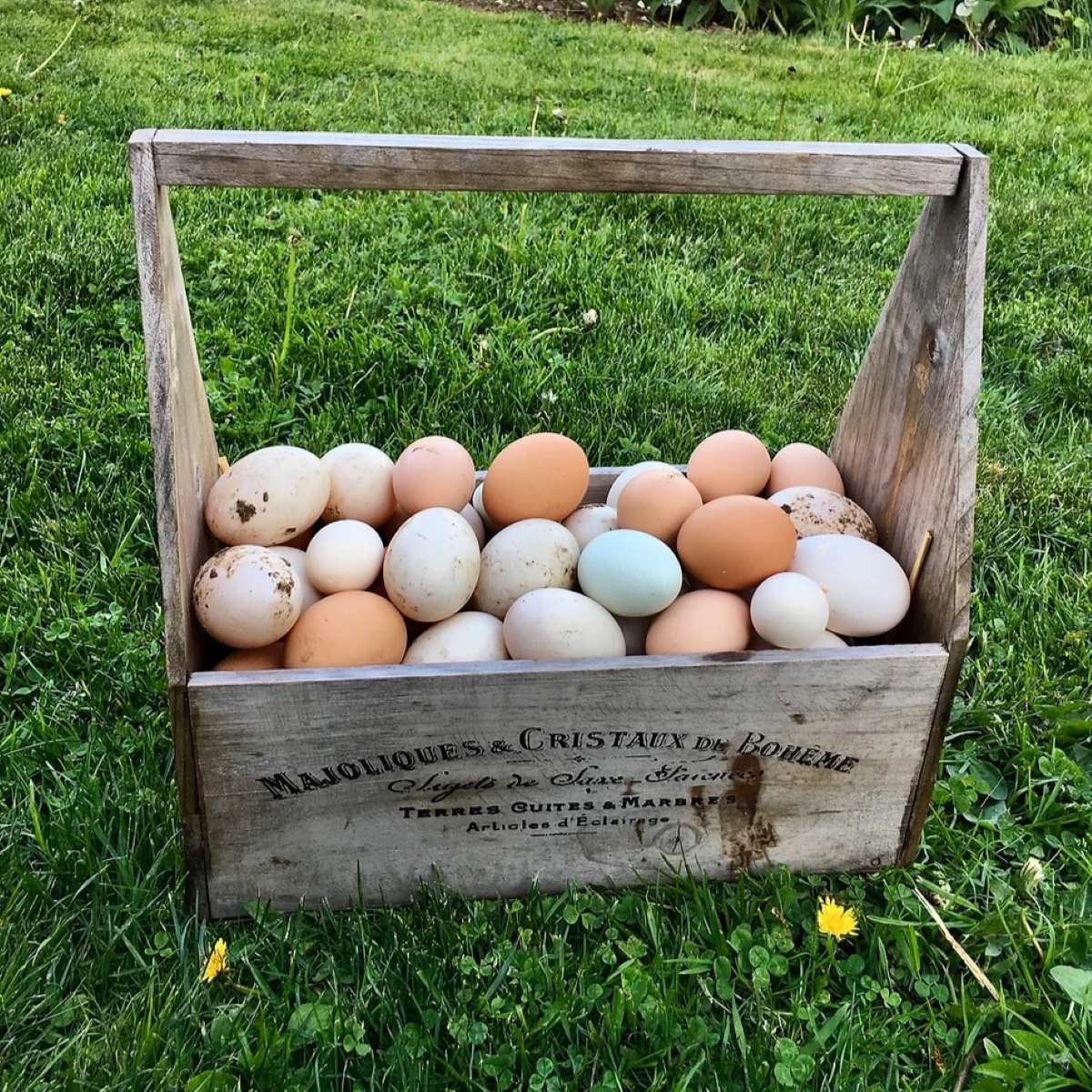
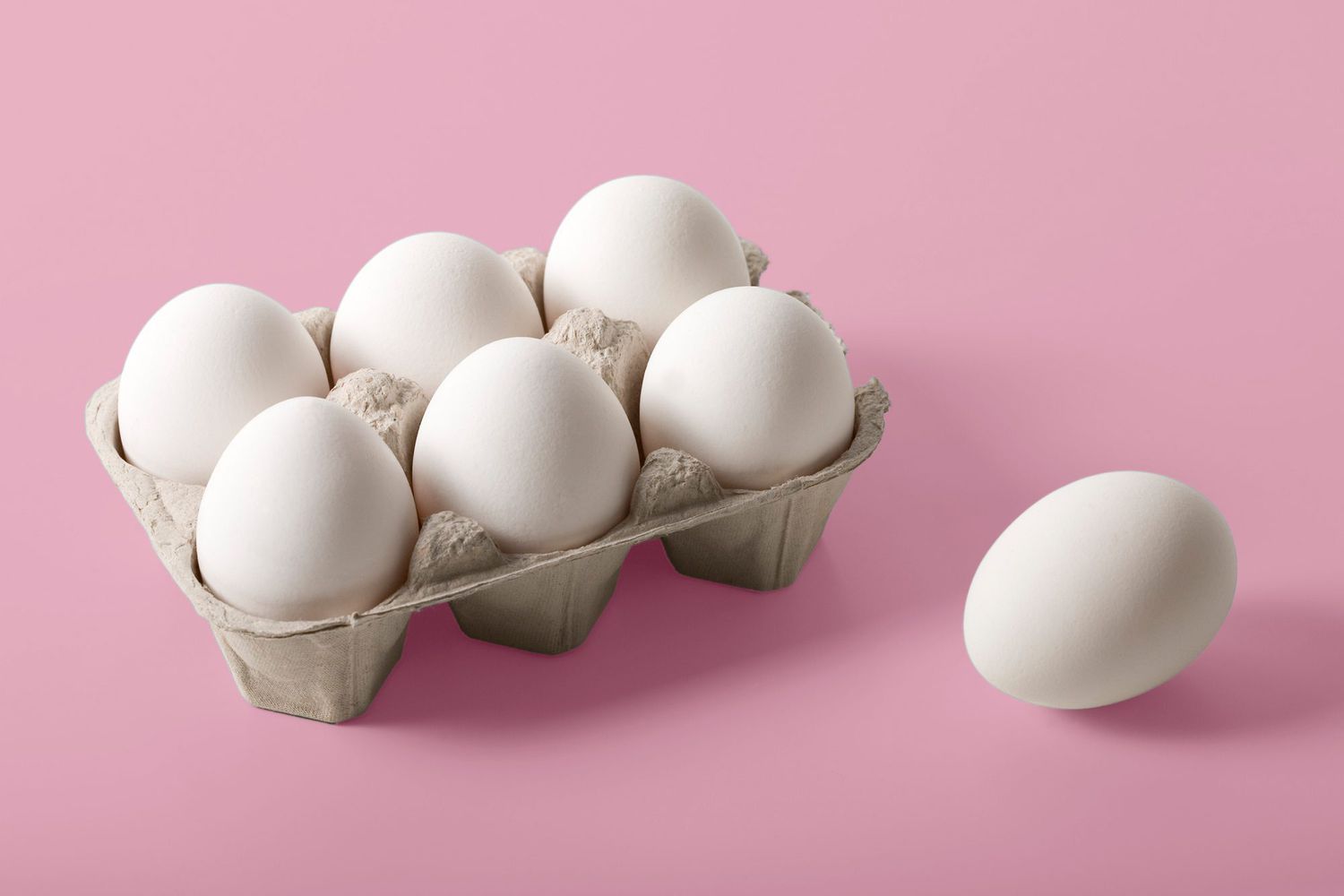
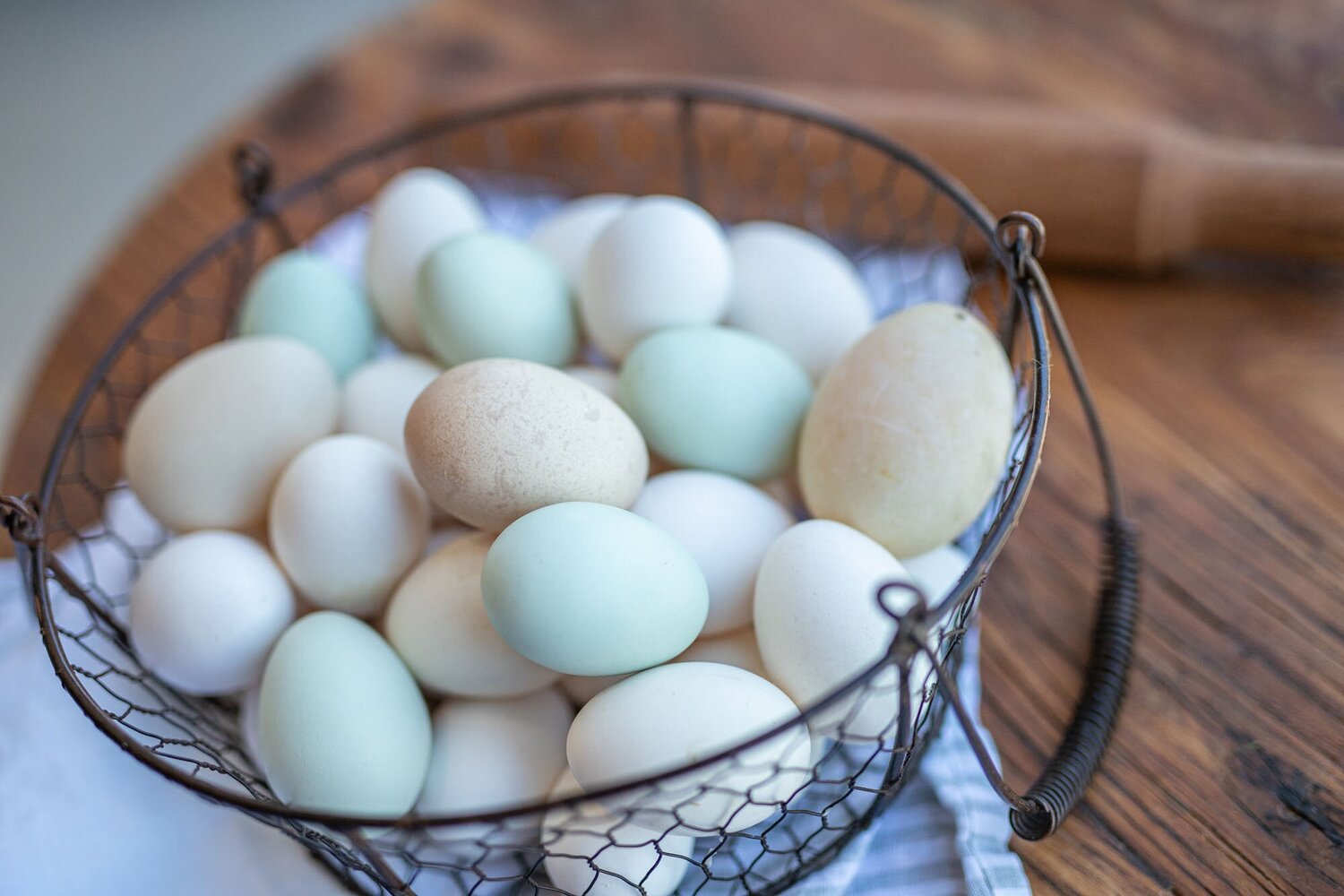
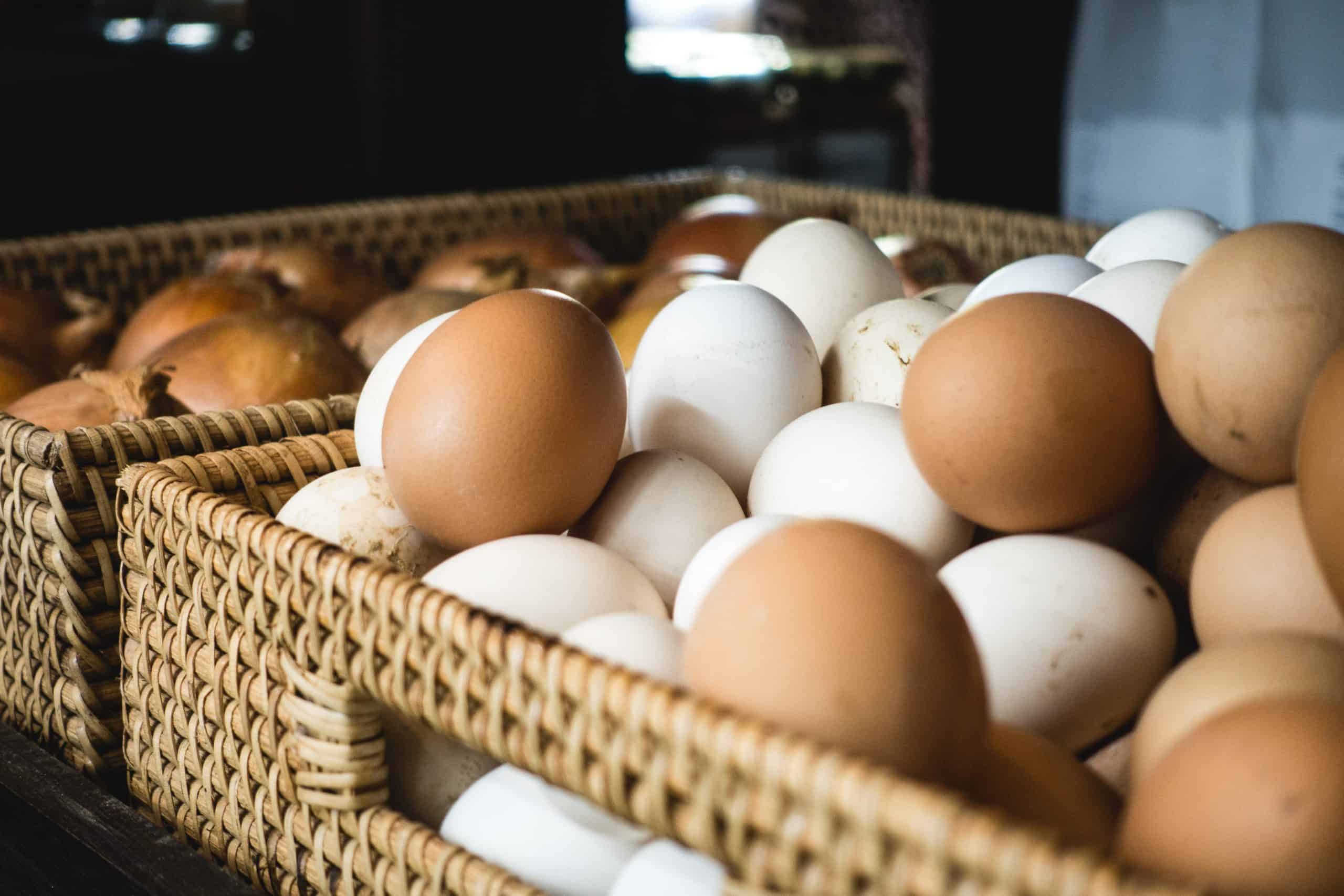

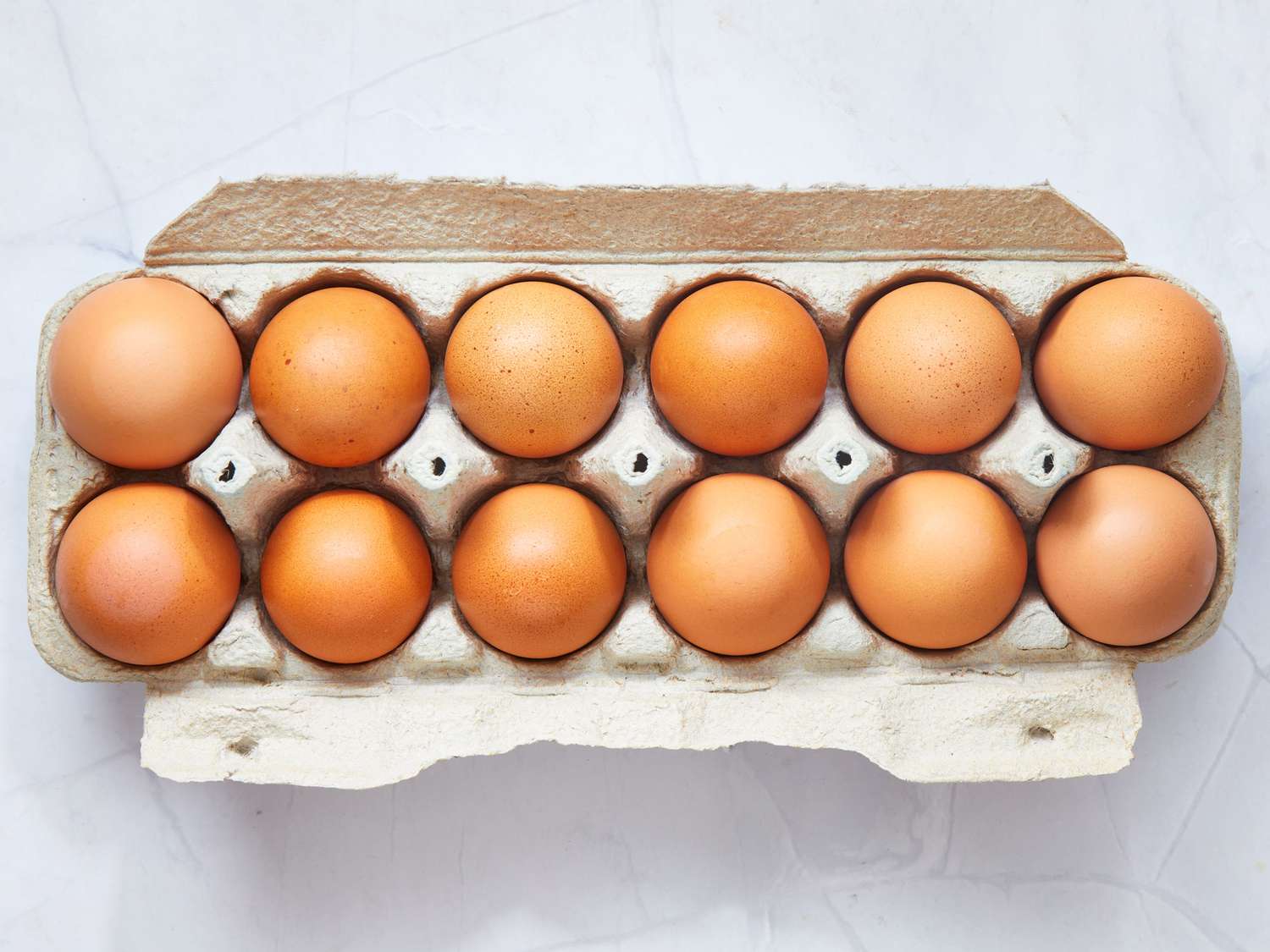
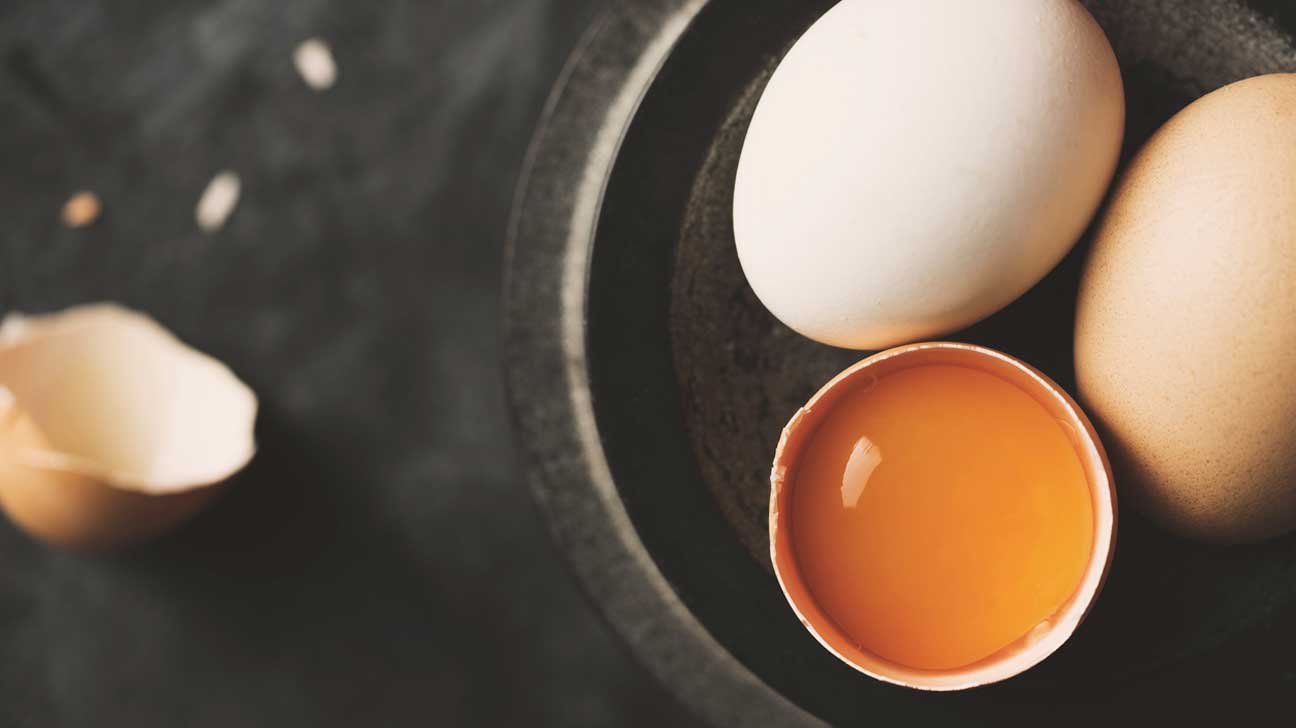
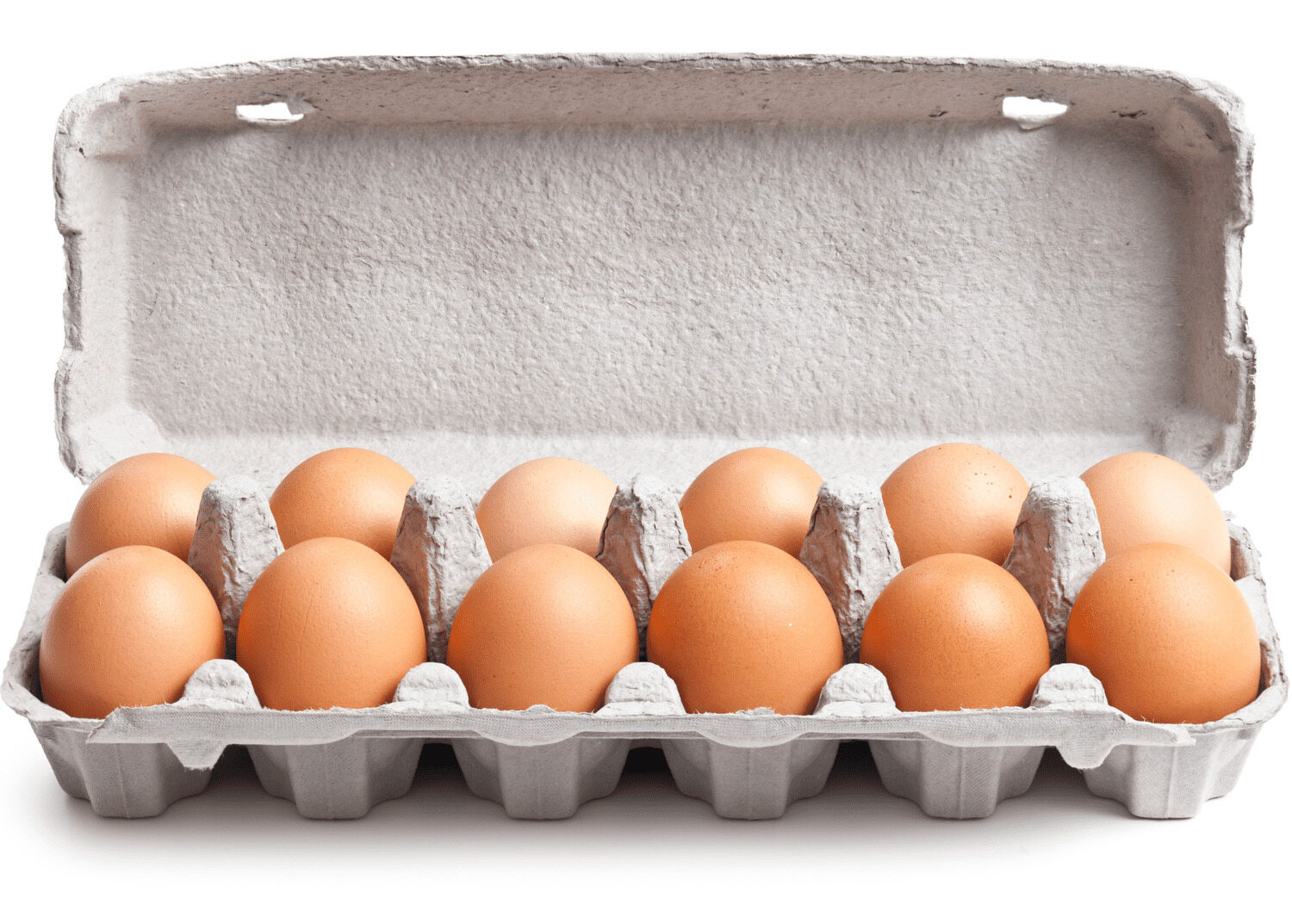
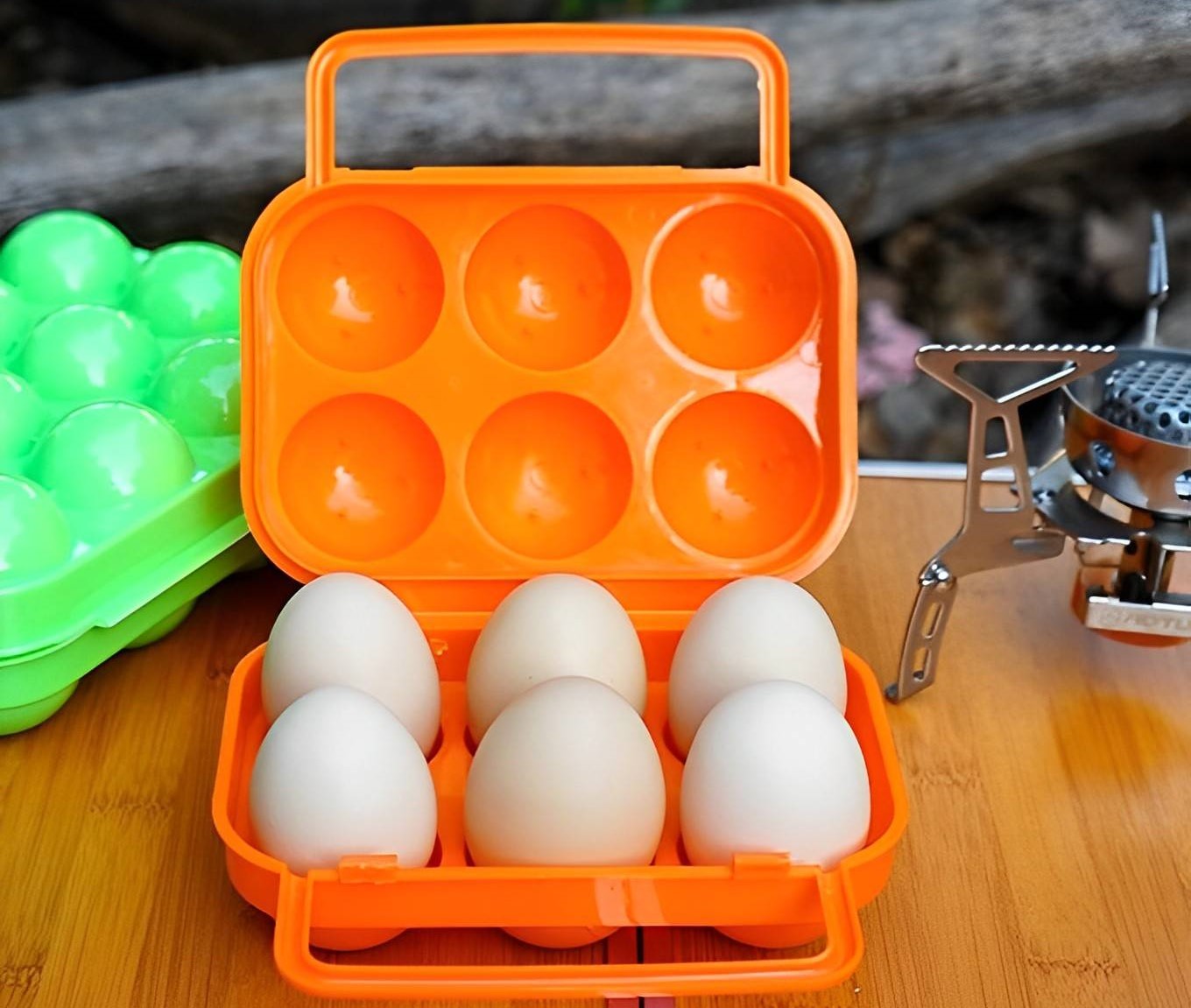
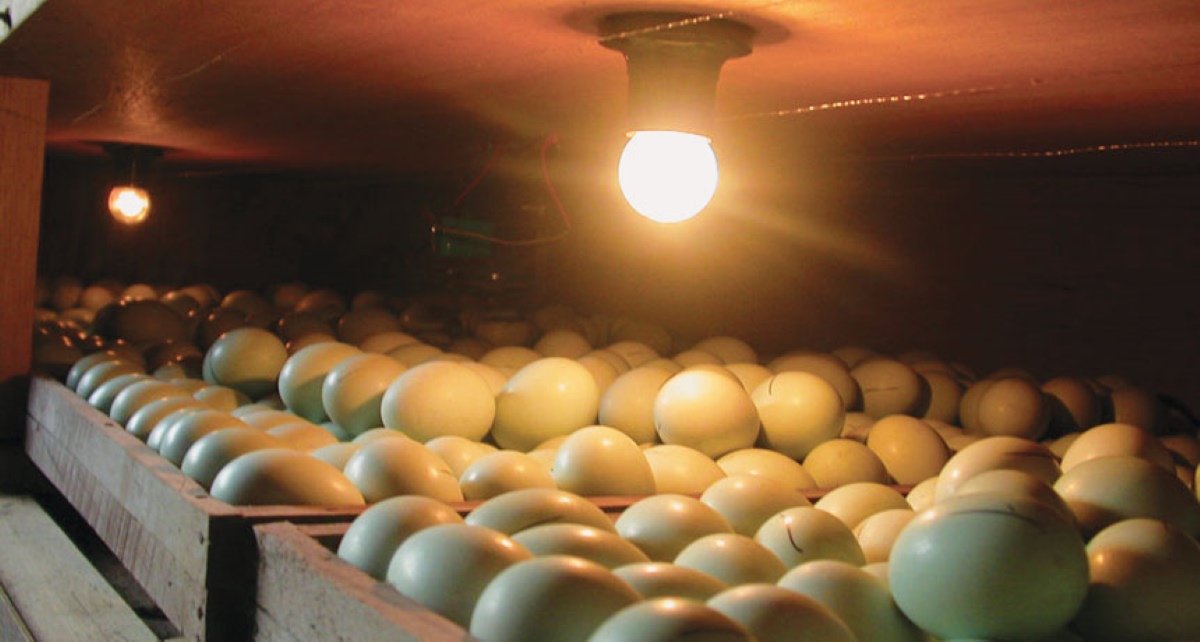




0 thoughts on “How To Store Farm Fresh Eggs”